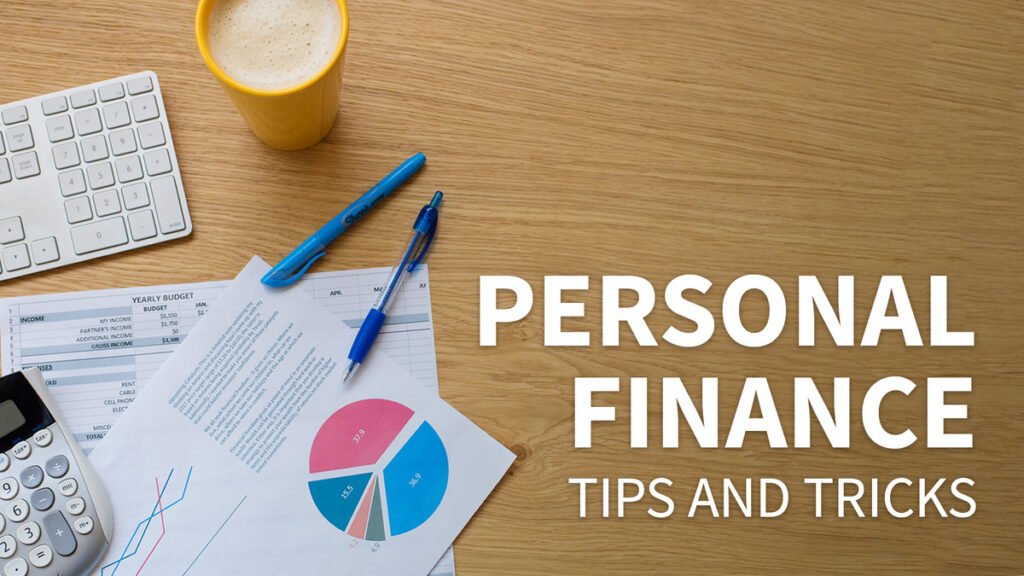How to Start Saving Money on a Small Salary
Step 1. Define Your Goal and Amount
Even with a modest income, it’s important to set a clear goal — save for a specific item or build an emergency fund. This creates motivation.
Step 2. Set Aside a Fixed Percentage
It’s better to save 5–10% right after getting your salary, instead of waiting to see what’s left at the end of the month.
Step 3. Use Automation
Set up an automatic transfer to a separate account or card, so you can save without extra effort or the temptation to spend.
Smart Budgeting Rules for Everyday Life
What Is the 50/30/20 Rule and How to Apply It
The 50/30/20 rule is a simple way to structure your budget and keep your finances under control. The idea is that 50% of your income goes to essential expenses such as housing, food, and transportation. Another 30% can be used for wants — entertainment, leisure purchases, or travel. The remaining 20% should always be directed to savings or investments. This method builds discipline and allows you to live comfortably while still preparing for the future. Even with small amounts, consistency helps grow capital and creates financial stability.
Financial Discipline: How to Stop Impulsive Spending
Impulsive purchases are one of the main reasons for constant budget gaps. To develop discipline, it helps to create a shopping list and stick to it. The “24-hour rule” works well: if you want to buy something, wait a day — often the desire fades. Dividing your budget into categories and using cash or a separate card for non-essentials can also help. Financial discipline doesn’t mean harsh frugality but rather the ability to control impulses and prioritize long-term goals over short-term emotions. It’s the foundation of a stable budget and peace of mind.
Smart Shopping Rules: How to Save Without Losing Quality
Saving money can be done wisely without sacrificing quality of life. Compare prices and look for deals, but avoid unnecessary purchases just because of discounts. Planning major expenses in advance gives you the chance to choose the best conditions. Online stores and cashback services can also be useful. It’s important to evaluate not only the price but also durability: sometimes paying more once is cheaper than buying low-quality replacements often. Smart shopping is a strategy that helps reduce expenses while maintaining comfort and quality.
Personal Financial Diary: Why You Need It and How to Keep One
A financial diary is a simple tool that helps bring order to your personal finances. It allows you to record all income and expenses, analyze habits, and identify weak points in your budget. Keeping a diary builds discipline and makes spending more conscious: you can clearly see where most of your money goes and where savings are possible. Records can be kept in a notebook, spreadsheet, or app — the key is consistency. It’s also useful to review results monthly: how much you managed to save, what mistakes
